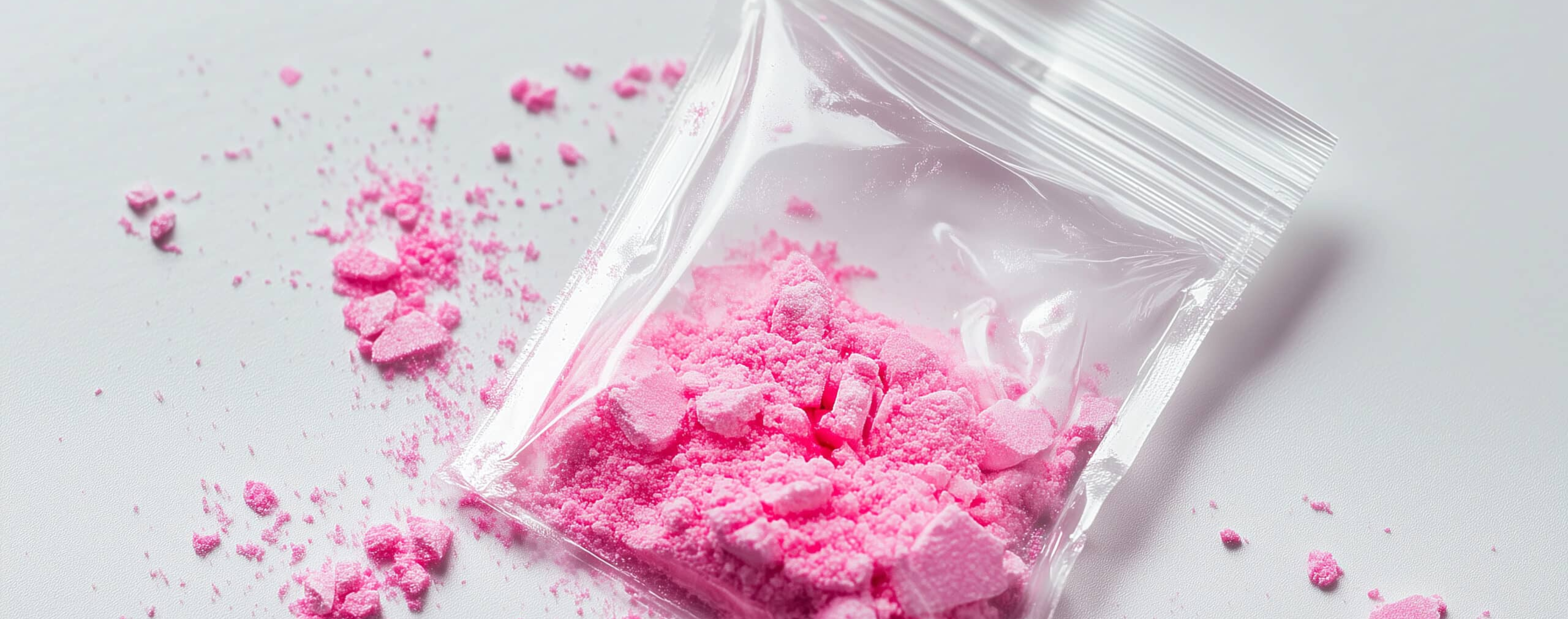Is Tucibi the same as 2C-B?
Despite its phonetic similarities, Tucibi is not the same as 2C-B, and Pink Cocaine is not the same as cocaine. The similarity in naming, and the wide range of street names referring to this varying mystery cocktail, makes it even more difficult for users to prepare for the range of effects the drug mix can present.
Many of the common components produce drastically differing effects, increasing the strain on users’ bodies, and the likelihood of adverse effects or overdose occurring. For instance, standard cocaine produces stimulating effects, 2C-B can be hallucinogenic, opioids can be depressive and sedating, MDMA can be euphoric and stimulating, ketamine can be sedating and disassociating, and Pink Cocaine / Tucibi can contain any combination of them, none of them at all, or all of them together.
Similarly, Pink Cocaine users have reported a range of effects from the drug, including sedation, euphoria, dizziness, anxiety, hallucinations, loss of consciousness, and even medical emergencies, like seizures, high blood pressure, or heart problems.
Take Caution When You Hear Tusi Drug, Tusi Lavada, or Pink Coke
The number of street names associated with Pink Cocaine only add to the confusion of what users think they are purchasing. The association with more well-known or “pure” substances, along with the often pleasant aroma and inviting appearance make Tusi’s potential for harm that much greater.
As with any drug—but especially a mystery concoction—harm reductionists advise anyone planning to consume Pink Cocaine to take extreme caution. Ingesting Pink Cocaine with alcohol, or any other substance can be highly dangerous, simply due to the high likelihood of unknown drug interactions, and subsequent adverse effects that could take place.






